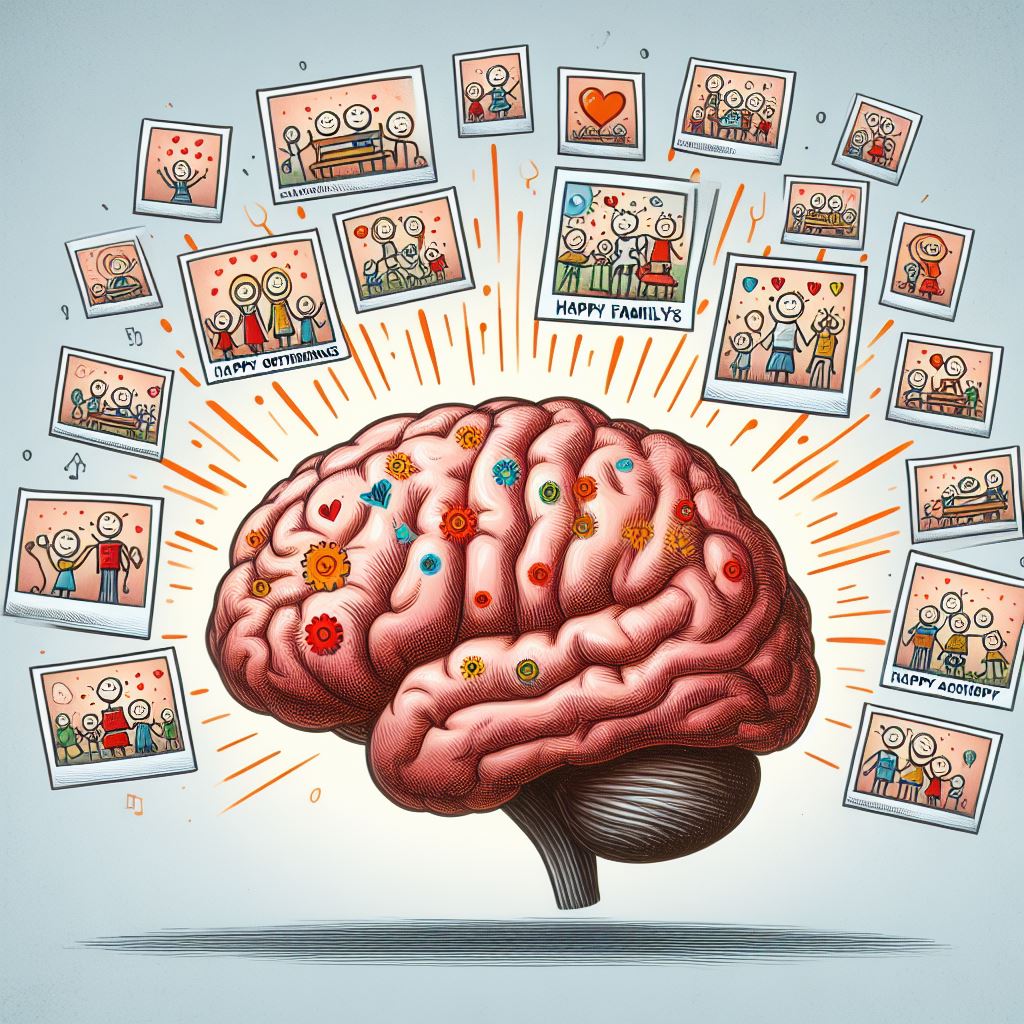
Understanding Mind Alignment
Mastering mind alignment means achieving a state where your thoughts, beliefs, and actions are in harmony. When your mind is aligned, you are more likely to experience clarity, focus, and peace. Mind alignment is a dynamic process that involves self-awareness, discipline, and a willingness to grow. It’s the foundation for personal development and can drastically improve your quality of life.
The Importance of Self-Awareness
Self-awareness is the first step to aligning your mind. By being acutely aware of your thought patterns, you can identify which are constructive and which are destructive. Self-awareness allows you to understand your core values, beliefs, and goals. It gives you insight into your emotional triggers and helps you manage your reactions to them. You can cultivate self-awareness through practices like meditation, journaling, and mindful observation of your thoughts and behaviors.
Challenging Limiting Beliefs
Limiting beliefs are those which constrain us in some way. By telling ourselves that we can’t do something, that we’re not good enough, or that we don’t deserve success, we’re setting up mental barriers. Overcoming these beliefs is a critical step in aligning your mind. Question the validity of these beliefs and challenge them with evidence of your abilities and successes. Replace them with empowering beliefs that support your goals and values.
Cultivating Positive Thinking
Positive thinking is not about ignoring life’s problems—it’s about approaching them in a more productive way. You can train your brain to focus on the good aspects of a situation, to anticipate positive outcomes, and to remain hopeful during challenges. Practices like gratitude, affirmations, and visualization can help in fostering optimism and resilience, thereby aligning your mind towards a more positive state.
Developing Mental Discipline
Mental discipline involves the ability to direct your focus, control impulses, and persist in the face of adversity. It is a skill that can be developed through practices like goal setting, time management, and cognitive restructuring. By strengthening mental discipline, you curtail the sway of distractions and increase your ability to align your thoughts with your objectives.
Practicing Mindfulness and Meditation
Mindfulness and meditation are powerful tools for mind alignment. They bring your attention to the present moment, allowing you to observe your thoughts and feelings without judgment. This practice leads to greater emotional regulation, reduced stress, and an enhanced sense of overall well-being. Regular meditation has been shown to literally rewire brain circuits that regulate emotions, which in turn, helps align your thoughts more harmoniously with your intentions.
Nurturing Emotional Intelligence
Emotional intelligence (EI) is your ability to recognize and understand emotions in yourself and others, and your ability to use this awareness to manage your behavior and relationships. Developing EI involves skills like empathy, emotion regulation, and interpersonal communication. When your emotional intelligence is high, you are better equipped to align your thoughts with your actions and navigate social complexities with ease.
Setting and Achieving Goals
Goal setting is a practical approach to mind alignment. By establishing clear, achievable goals, you give your mind a focus and purpose. It is important to set both short-term and long-term goals that are aligned with your values and larger life ambitions. Regularly reviewing and adjusting your goals ensures that your actions remain in sync with your evolving thoughts and beliefs.
Embracing Adaptability and Open-mindedness
The process of mind alignment is ongoing, and as such, adopting an attitude of adaptability and open-mindedness is vital. Be willing to learn from experiences, to change course when necessary, and to accept new ideas that can enhance your growth. Flexibility of thought is a key component of a well-aligned mind, allowing you to navigate life’s changes with grace and resilience.
Conclusion: The Journey Toward Thought Harmony
Mastering mind alignment is a journey. It’s an ever-evolving process that requires commitment, patience, and practice. By understanding and working on the various components of mind alignment—self-awareness, challenging limiting beliefs, nurturing a positive outlook, and maintaining mental discipline—you can begin to more harmoniously align your thoughts with your life’s purpose. As you progress, mindfulness, emotional intelligence, goal setting, and adaptability will become your tools and allies in sustaining this harmonious state. The reward is a more centered, content, and purposeful life, marked by a profound sense of inner harmony.




